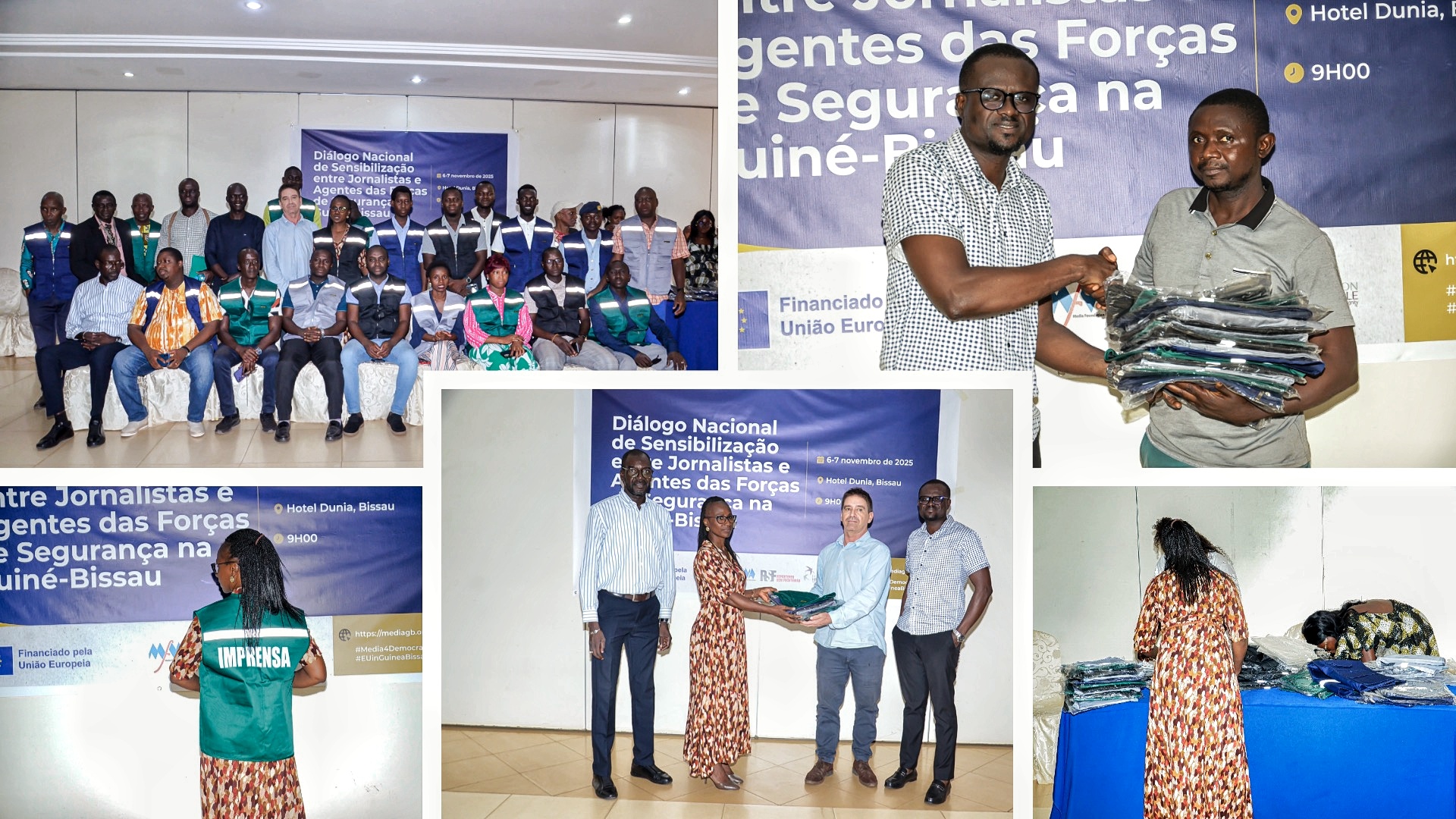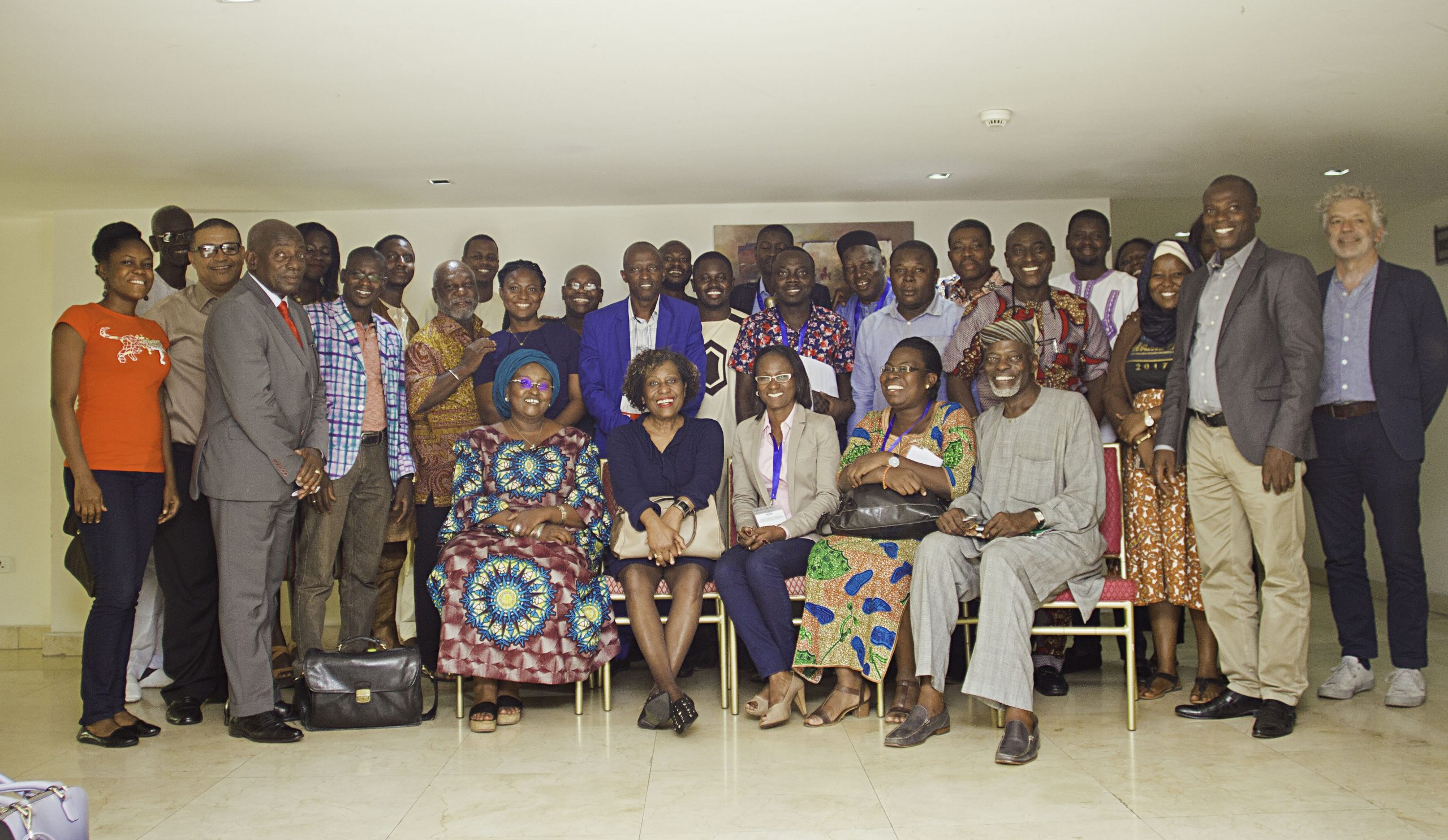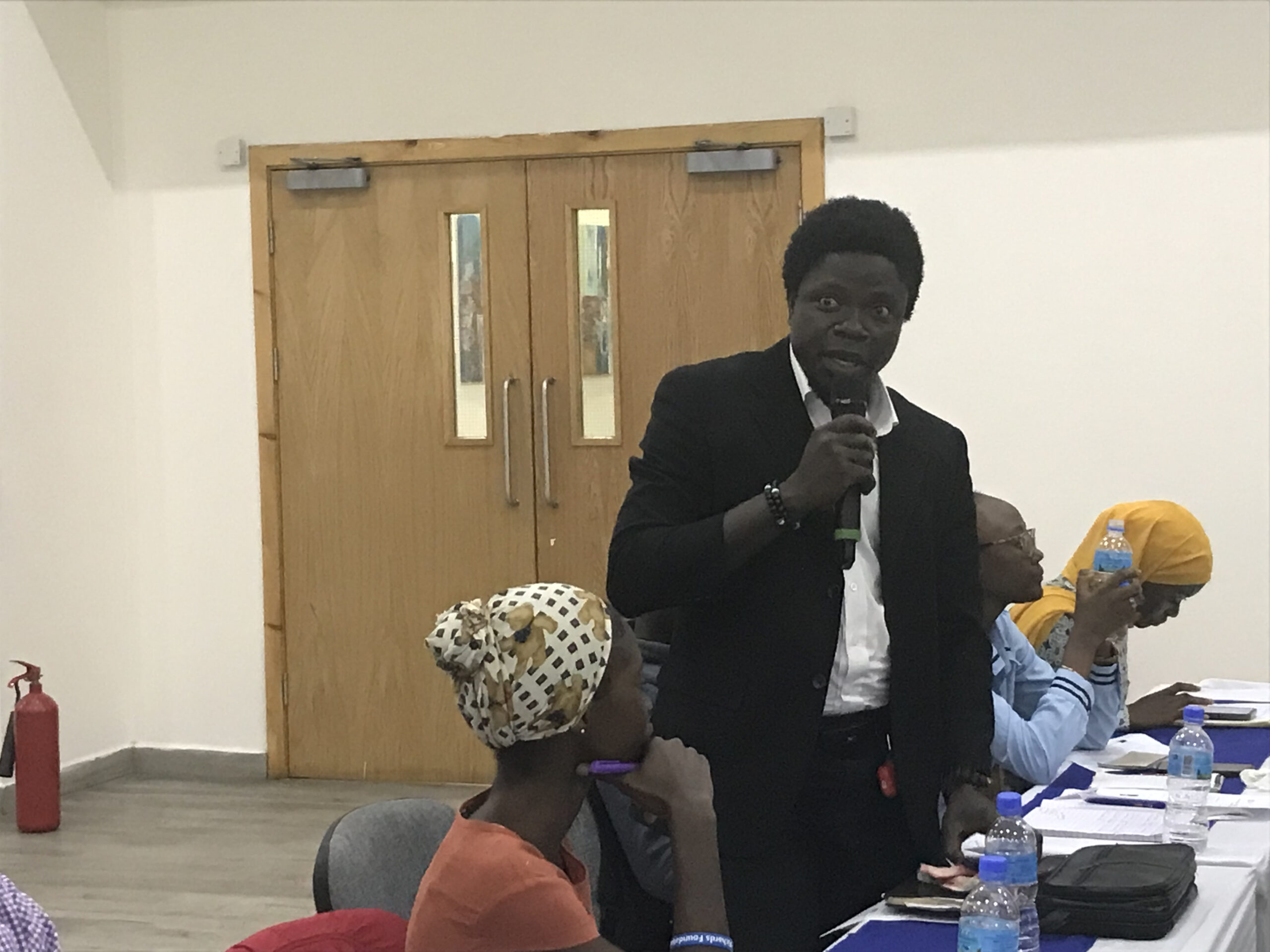The Media Foundation for West Africa (MFWA), in partnership with Reporters Without Borders (RSF) and Fondation Hirondelle, has donated 300 reflective vests to journalists in Guinea-Bissau to enhance their safety as the country prepares for national elections.
The presentation took place on Friday, 7 November 2025, at the Dunia Hotel in Bissau under the EU-funded project, “Promote and Protect Democracy by Safeguarding Freedom of Opinion and Expression and Combating Mis/Disinformation in Guinea-Bissau.”
The distribution of the vests aims to improve visibility and reduce risks for journalists working in potentially volatile environments, including protests, campaign activities, and other high-risk electoral assignments.
“Safety is a fundamental right and a necessary condition for journalists to serve the public,” said Dr. Daniel Kwame Ampofo Adjei, PMP®, MFWA’s Institutional Development & MEL Manager, during the handover. “These vests are a practical contribution to protecting reporters and supporting the country’s democratic process.”
The donation formed part of a broader engagement held the same day, which provided space for dialogue between journalists, security agencies, and civil society organisations on improving safety and collaboration during the election period. Participants discussed risks faced by the media, the need for clear communication channels, and ways to ensure accountability when rights violations occur.
President of SINJOTECS, Indira Correia Baldé, welcomed the initiative and called it a significant boost to journalist protection. She expressed optimism that the commitment demonstrated through the dialogue and donation would help strengthen trust between media actors and security institutions. Baldé also thanked the organisers, emphasising that the reflective vests would “greatly enhance the safety of journalists working in the field.”
The forum, moderated by Bubacar Turé, President of the Human Rights League of Guinea-Bissau (Liga Guineense dos Direitos Humanos), brought together representatives from key state institutions, including the Ministry of Interior for Public Order (Public Order Police and Rapid Intervention Police), the Ministry of Defence (National Defence Institute and the General Staff of the Armed Forces), the Ministry of Justice (Judicial Police and the Public Prosecutor’s Office), and the National Council for Social Communication.
Media stakeholders present included SINJOTECS (Journalists and Media Technicians’ Union), AMPROCS (Women Journalists’ Association), the Order of Journalists, and RENARC (Community Radio and TV Association).






